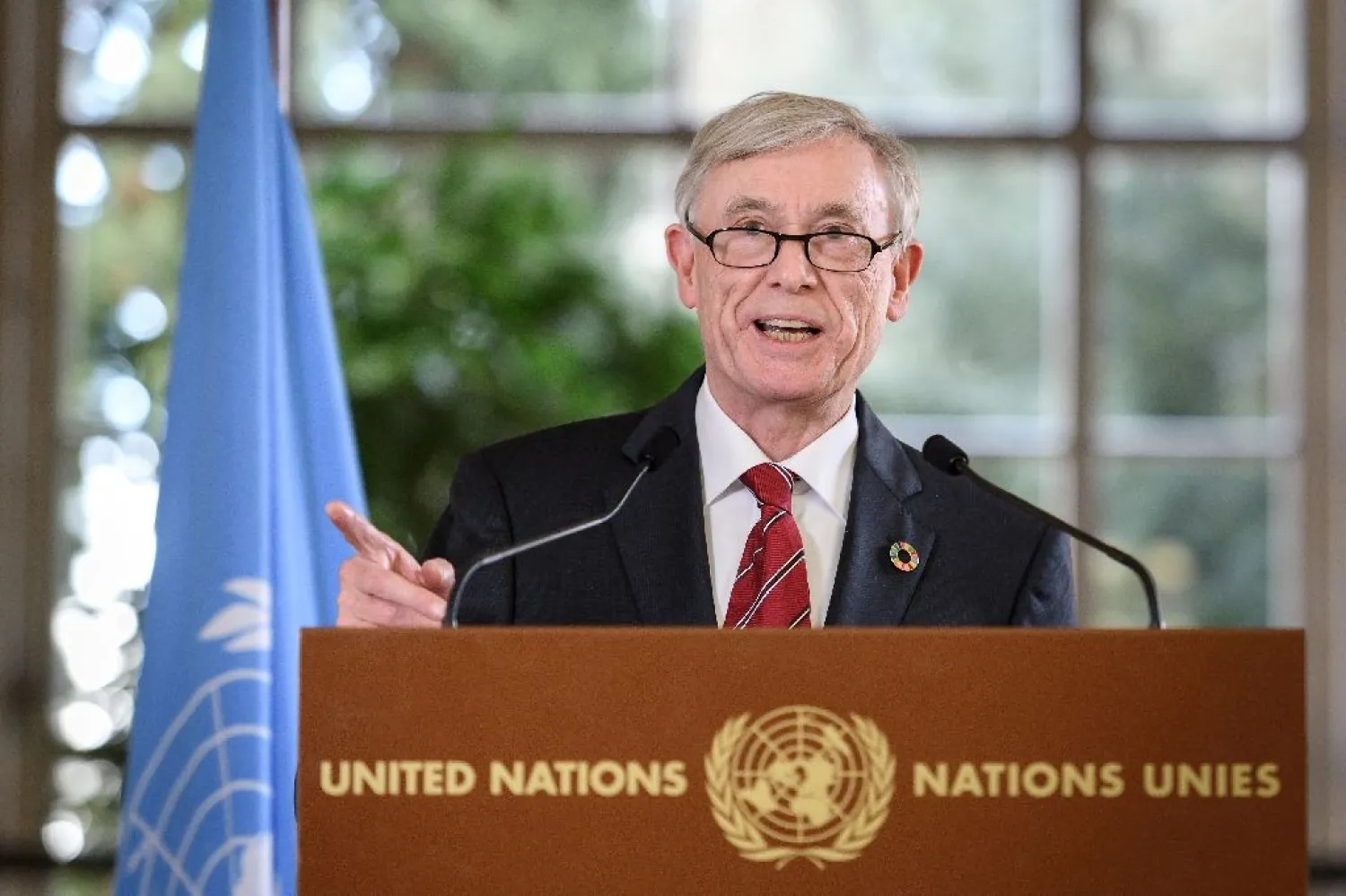Former German president Horst Koehler, the UN secretary-general's personal envoy for Western Sahara, has expressed optimism on reaching a political solution to the conflict despite ongoing differences between Morocco and the Polisario Front.
Koehler told the Security Council in closed consultations that he plans to hold separate talks with all parties in February before getting them around the dialogue table again in March.
Kohler was able to get Morocco, the Polisario Front and neighbors Algeria and Mauritania around the same table in Geneva in early December for the first time in six years.
A diplomat who attended Tuesday's consultations told Asharq Al-Awsat that the ex-German president seemed “very optimistic during his briefing to the members of the Security Council.”
During the December meetings, participants had a “positive” attitude toward the talks, said the diplomat.
Koehler urged Council members on Tuesday to support his efforts not just through statements but by not backing any side to the conflict in order to limit tension.
Morocco's UN ambassador, Omar Hilale, reiterated to reporters that autonomy is all that his government is offering.
"That's the top. That's the bottom. That's everything, and within the sovereignty of Morocco," he said. "On this basis, we are ready to negotiate it and give largest operative power for the autonomy. Outside autonomy, nothing. We are not ready to negotiate anything."
On the other side, the Polisario Front's UN representative, Sidi Omar, said a referendum with independence as an option is a red line for the people of Western Sahara.
He said that at December's meeting in Geneva the Polisario Front proposed confidence-building measures, including the exchange of prisoners and the opening Western Sahara to human rights groups. However, he said that Morocco's representatives rejected those ideas.
"Everybody is looking forward to the next round of talks that we expect in March," German Ambassador Christoph Heusgen told reporters in New York. "What we have to do now is to achieve some progress."
South African Ambassador Jerry Matjila also said: "It's very positive that the parties are talking.”









